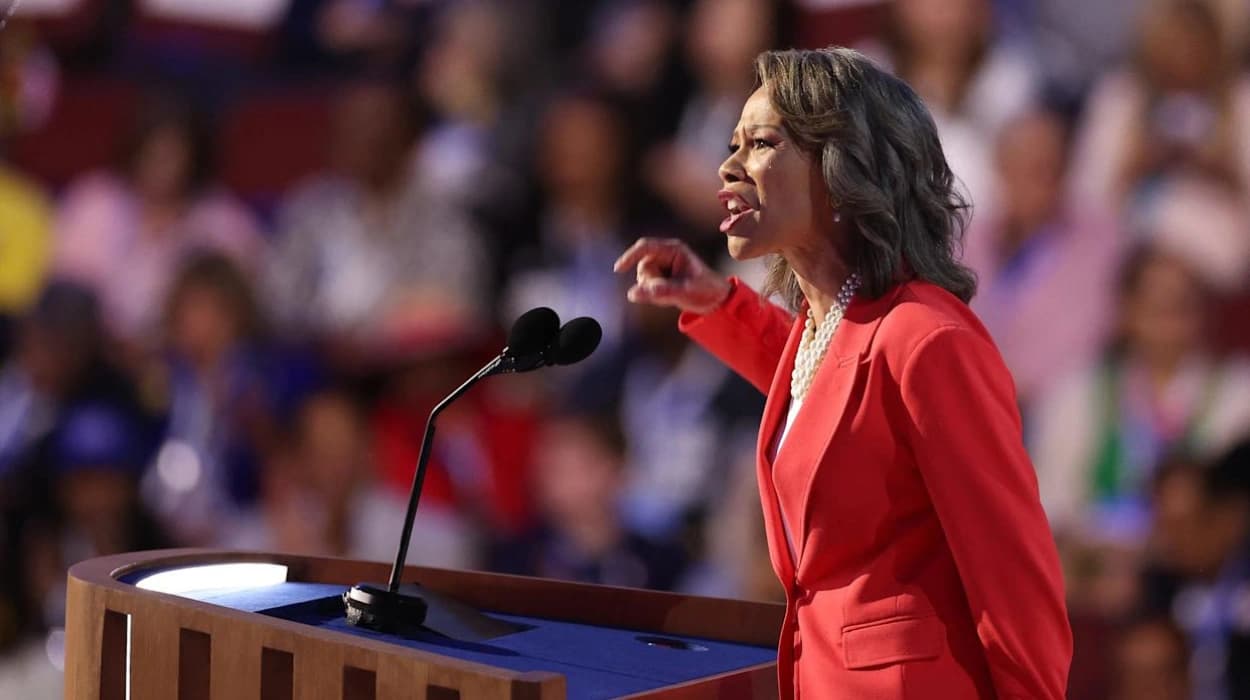Summary
- Democrats press the Trump administration on disability rights protection.
- Concerns amid Department of Education shake-up and layoffs.
- Trump plans to shift special education from Education to Health Dept.
- Cuts to grants, staff, and disability program funding criticized.
Education Secretary Linda McMahon received a letter from 23 Democratic senators asking for answers to a number of questions regarding students with disabilities, such as whether they will receive a "free and appropriate public education" as mandated by federal law and the impact of department layoffs on children and schools.
In their letter, the senators contend that the welfare of the millions of kids with disabilities nationwide depends on the Education Department and its decades-long operations. The letter was started by Senator Lisa Blunt Rochester (D-Del.).
"Shuttering the Department will cause immense harm to all students, and especially students with disabilities and their families who rely on federal funding for key special education services and support,"
the senators wrote in their letter.
"Over the years, the Department has developed specific expertise to deliver on the promise that children with disabilities will have equal and fair access to educational opportunity in the United States."
The Democrats' inquiry is joined by the nation's two largest teachers unions and dozens of disability advocacy organizations, including the Autism Society of America, the Disability Rights Education & Defense Fund and the National Down Syndrome Society.
Following the Trump administration's decision to lay off about half of the Education Department's staff, parents of students with disabilities and disability advocates have expressed concerns about their legal rights. An executive order to dismantle the government agency was signed by President Donald Trump last month.
Whether or not to abolish the Education Department would ultimately be up to Congress.
Trump has stated that special education services "will be fully preserved" and that the Department of Health and Human Services will take over those duties.
In their letter on Wednesday, the senators opposed that decision, stating that education professionals should be consulted instead of medical experts who should supervise or help pupils with disabilities.
"The Department of Education is the only agency with an existing institutional infrastructure and a staff of subject matter experts dedicated to ensuring equal educational opportunity for children and students with disabilities,"
they said.
"Transferring these authorities to HHS will not only overburden an agency already confronting massive workforce cuts orchestrated by this administration, but it will also stretch HHS beyond its expertise as medical, rather than educational, professionals."
An Education Department spokesman said no action has yet been taken to move federally mandated programs out of the agency.
In their letter, the senators criticized the Department of Government Efficiency for cutting more than $600 million in grants for educator preparation and $900 million in contracts for research connected to education.
A country without a federal education department will save the federal government billions of dollars, according to Trump and many of his followers.
The senators contend that cutting these services is inappropriate because they are desperately needed.
"These cuts will negatively impact critical research into best practices to support students with disabilities who have the shared dream of graduating high school and contributing to our economy,"
the letter reads.
What specific legal protections for students with disabilities are at risk under the proposed ED overhaul?
The ED currently administers IDEA, which guarantees that approximately 7.5 million disabled students receive a free appropriate public education (FAPE) tailored to their needs. Moving IDEA oversight to another agency, such as Health and Human Services, could weaken oversight as no other federal agency has ED’s expertise or enforcement power in special education law.
The ED enforces civil rights protections prohibiting disability discrimination in schools, ensuring students receive necessary accommodations and are not unfairly excluded or disciplined. Changes may reduce enforcement capacity, leaving students vulnerable to discriminatory practices.
These legally binding plans ensure students receive tailored support and services. An overhaul risks disrupting the development and implementation of IEPs, undermining their effectiveness and the legal rights of students and families.

